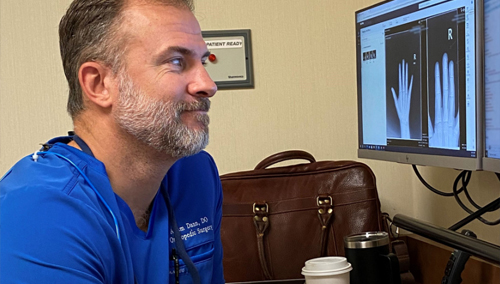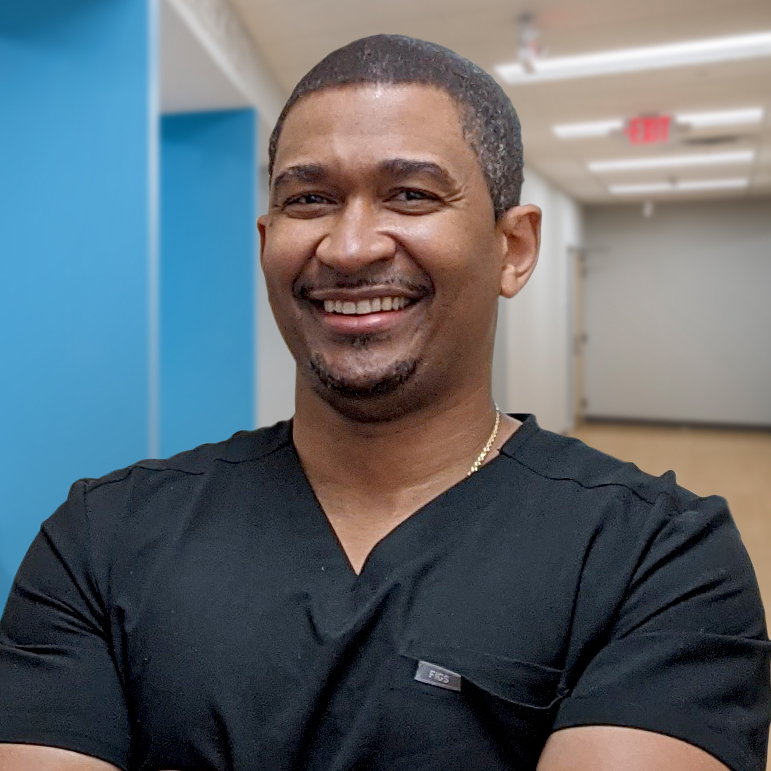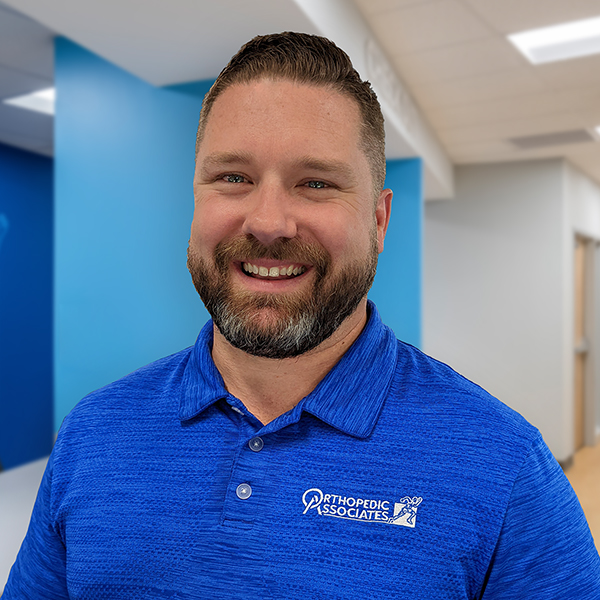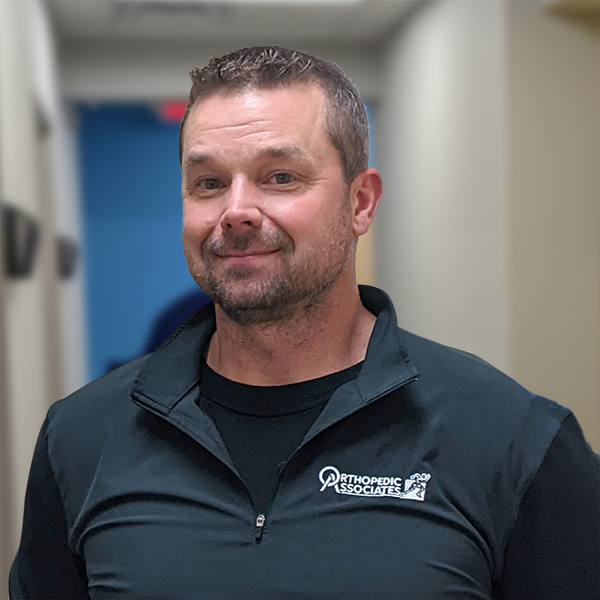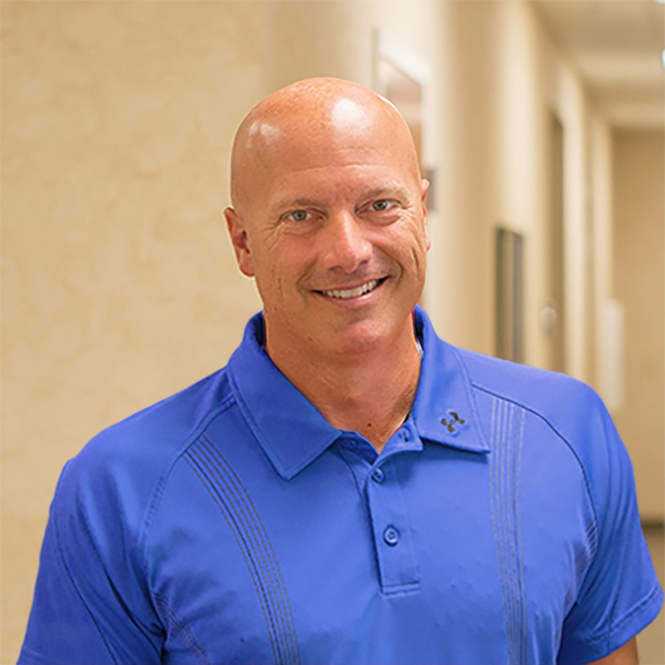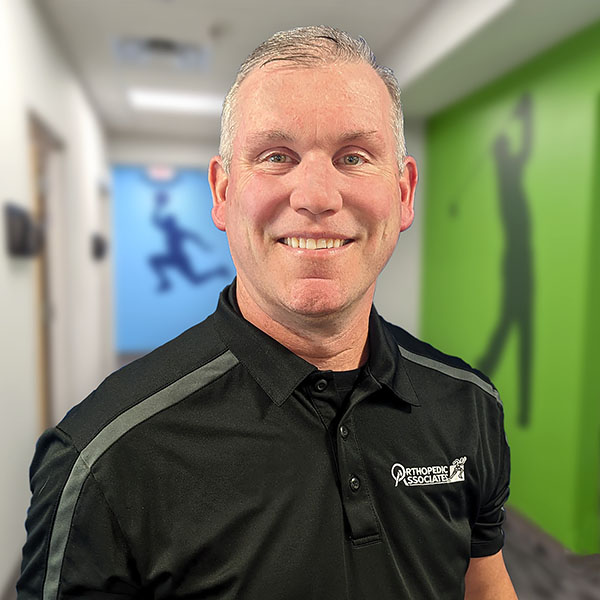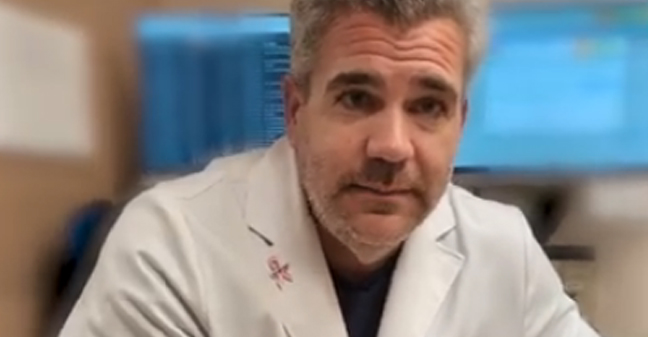
The knee and hip joints demand both strength and flexibility to function well. Proper, pain-free functioning can be compromised by disease, normal “wear and tear," and injuries. When pain in these joints prohibits you from performing and/or enjoying your normal activities, you should seek the help of an orthopedic surgeon to discuss your treatment options.
The fellowship-trained doctors at OA can discuss with you both conservative and surgical treatment options to address your pain. The total joint surgeons at OA have decades of experience as well as state of the art advanced training in total and partial hip and knee replacement procedures. OA has several physicians that specialize in sports medicine to repair hip and knee injuries that result from overuse or trauma resulting from athletic activities. When needed, the trauma surgeons at OA are ready to help in the case of falls or accidents that cause pelvic or lower extremity fractures.
All of the surgeons and therapists at OA partner with you to help you make the best choices during your treatment so that you can get back to doing the things you love.
The knee joint is a system of moving parts consisting of cartilage, muscles, tendons, and ligaments. It is a hinge that gives your body strength to run, squat, jump and turn. Because it cannot rotate in every direction, the knee is vulnerable to a number of injuries and conditions.
Our expert knee surgeons use leading-edge techniques such as minimally invasive knee replacement and partial knee resurfacing to restore mobility and function. Whether you are struggling with osteoarthritis of the knee, a torn ACL or a torn meniscus, we will develop an individualized treatment plan to safely return you to health.
Orthopedic Associates and Wayne HealthCare have recently partnered together to offer patients an established and innovative option for partial and total knee replacements. Mako Robotic-Arm Assisted Surgical Technology has proven successful patient outcomes, increased accuracy and precision. Learn more on our Robotic Assisted Surgery.
Orthopedic Associates surgeons treat all knee conditions, including:
- Anterior cruciate ligament (ACL) injuries
- Cartilage Repair
- Iliotibial band syndrome
- Knee arthritis
- Knee bursitis
- Ligament tears and sprains -(primarily to the ACL, PCL, and MCL)
- Medial collateral ligament (MCL) injuries
- Meniscus tears
- Osteoarthritis
- Patello-femoral pain syndrome
- Posterior cruciate ligament (PCL) injuries
- Tendonitis (patellar tendonitis)
People of varying ages and lifestyles are susceptible to hip problems. Osteoarthritis – the loss of cartilage in the hip joint due to wear and tear – is common among baby boomers and seniors. Young athletes, on the other hand, can suffer from cartilage or ligament tears that can sideline them for several months.
Our physicians have extensive training in evaluating and treating hip injuries and disorders. With recent technological advancements in both surgical and nonsurgical treatment, we are able to take a less invasive approach to hip repair.
After discussing the nature of your hip problem, we will order the appropriate diagnostic tests, including x-rays and magnetic resonance images (MRIs) as needed, and develop a treatment plan to meet your needs.
Orthopedic Associates surgeons treat all hip conditions, including:
- Complex revision hip replacement
- Hip arthroscopy
- Minimally invasive hip surgery
- Total hip replacement surgery
- Femoroacetabular Impingement (FAI)
- Snapping Hip Syndrome
- Revision Hip Surgery
- Hip Fracture
- Avascular Necrosis of the Hip
Orthopedic surgeons replace more than a million hips and knees each year in the U.S. Studies show joint replacements can significantly relieve pain and increase mobility in about 90% of people who get them.
"Joint replacement can be a life-changing procedure for the right patients," says Dr. Jan Saunders, orthopedic surgeon, "but it won't help everyone with hip or knee pain."
If you're suffering, how do you know if joint replacement is right for you? How can you weigh the potential benefits — less pain and a more active life — with the risks that always come with surgery? Dr. Saunders gave the following advice for when it might be time to see an orthopedic surgeon.
Pain and stiffness
Most people who need a joint replacement have severe pain that makes it difficult to walk, climb stairs, get up from a chair, or carry on with other normal activities. The pain is also chronic, lasting at least six months.
Poor quality of life
It's not only pain itself that matters, but how the pain affects your daily life. Do your joint problems limit what you can do?
Bone damage
X-rays and other imaging may show severe joint damage from osteoarthritis or other conditions. Medication, injections, devices -- like walkers -- and other treatments aren't helping enough.
Deformity
Your knee is severely swollen or your leg is bowed.
The decision for joint replacement is always a discussion for you and your surgeon together. If you are considering a joint replacement, you can schedule an appointment to speak with any of our orthopedic surgeons that specialize in joint replacement by calling 800.824.9861
You Can’t Feel Bone Loss! People may lose up to 25% of their bone mass before realizing they have osteoporosis. If you are over the age of 55, contact our office to be tested and treated for Osteoporosis before a break happens. Learn more about our Osteoporosis Clinic here.


